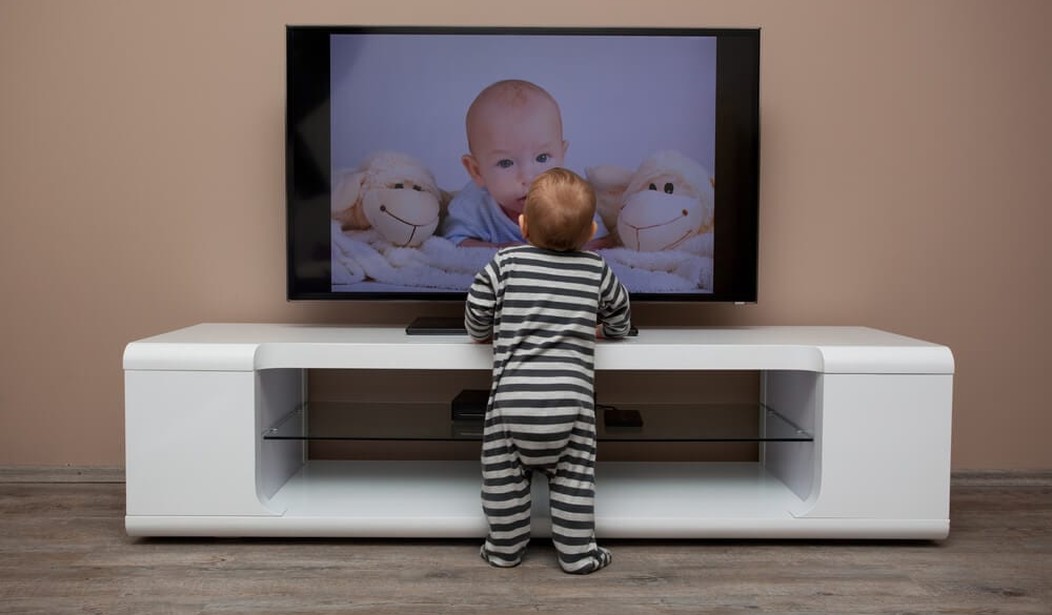Results of a new study on parent-child interaction in Britain are set to shock the technology crowd:
Researchers at the University of Sussex compared how 24 children and their mothers shared storybooks versus stories on electronic readers and found that among the former there was “a significant increase in the warmth of the parent/child interactions: more laughter, more smiling, more shows of affection.”
While studying the impact of tablets and smart phones on children is still relatively new, one thing is for sure: Contrary to contemporary educational practice, screens often do more harm than good. 2016 was the year screens were dubbed “digital heroin” by child psychologist Nicholas Kardaras, who has treated a number of children suffering from extreme screen addiction. One of his patients, a 6-year-old child, went into a catatonic state after playing Minecraft for hours on end. Researchers are only now finding out that:
Screens don’t just affect children’s moods. A 2015 study published in Pediatrics found that “the use of mobile media to occupy young children during daily routines such as errands, car rides, and eating out is becoming a common behavioral regulation tool: what the industry terms a ‘shut-up toy.’”
In other words, excessive use of screen media has a detrimental impact on a child’s interpersonal communication skills. They are ill-equipped to express their thoughts and emotions out loud. Why? Because the message they received when communicating frustration was to simply keep their feelings to themselves.
Pediatricians have linked excess screen time to delayed cognitive development and behavior problems. In other words, children aren’t learning how to communicate correctly, let alone effectively. Therefore, negative behaviors replace positive discussions. It shouldn’t come as any surprise then that, according to the British researchers:
The long-term consequence, according to the study, is the disruption of a child developing their own self-regulating mechanisms. How will they learn to cope with frustration or boredom if a screen isn’t nearby?
In an effort to mitigate the reality that most parents need to use the television to get things done at some point during the day, doctors recommend sitting with young children while they watch television and engaging them in conversation about the show. Not only does that not solve the parenting dilemma of needing a distraction, it creates more communication confusion. Now we’re supposed to talk to our kids while they’re devoting their attention to screens? The suggestion is nothing short of complete role-reversal with the parents now acting like the impatient kids begging for attention.
Perhaps then the parenting trend of 2017 will be Screen Training. In her coverage of this recently released British study, Naomi Schaefer Riley advocates for New Year’s resolutions that involve setting limits on screen time for both parents and kids with an emphasis on consistency. Consistency is, ironically, the one thing we lack in this tech-addled era. When bosses and friends can reach us anytime, from anywhere, through a variety of apps on our phones (because, really, who calls anymore?), parents tend to live the most inconsistent lives imaginable. Which should be all the more reason to unplug and have a real conversation.








Join the conversation as a VIP Member